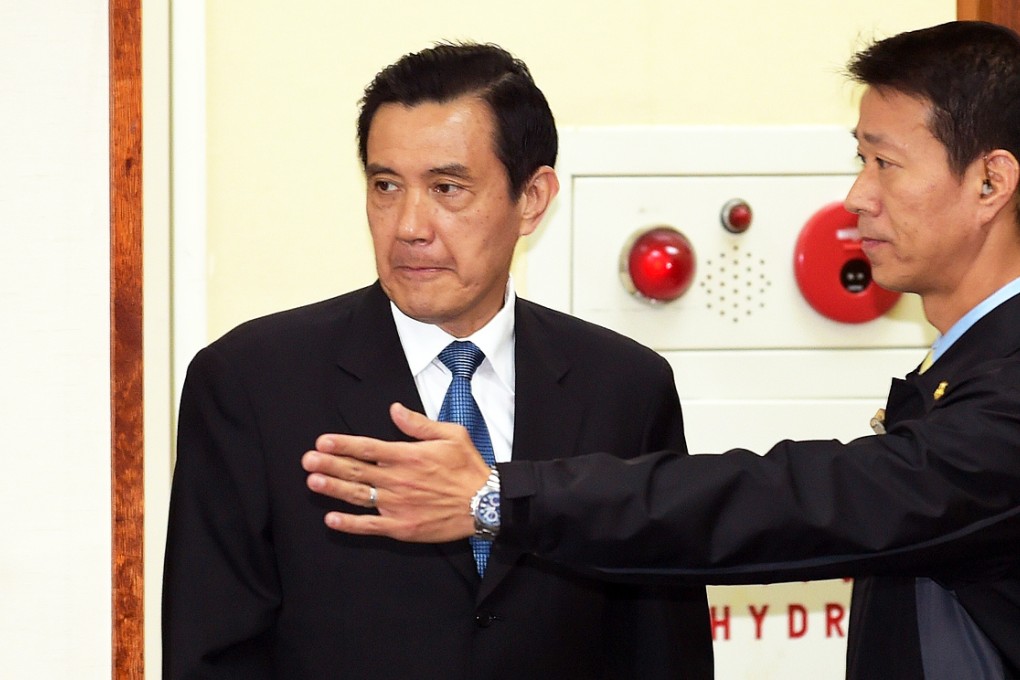Crushing election defeat surprised Taiwan’s ‘out of touch’ President Ma
Taiwanese President Ma Ying-jeou had expected the Kuomintang to be defeated in the weekend’s local elections, but not on such a crushing scale.

Taiwanese President Ma Ying-jeou had expected the Kuomintang to be defeated in the weekend’s local elections, but not on such a crushing scale.
Halfway through the vote count on Saturday, a grim-faced Ma led party stalwarts in a bow of apology to supporters as the party conceded a landslide loss to the main opposition Democratic Progressive Party.
On Wednesday, Ma made another apologetic bow to supporters during the KMT central standing committee to take full responsibility for the results before announcing his resignation as party leader.
Independent-minded younger people below the age of 40 came out to vote for the KMT’s opponents, while older, pro-KMT voters in the past did not vote at all because of disappointment with his leadership
The KMT was able to hold on to only five of the 16 cities and counties, and one of the six municipalities – losing nine of the cities and counties as well as four of the municipalities it had previously held. It had not suffered such an electoral blow since coming to power in Taiwan 65 years ago.
Ma is no doubt asking himself the question: how could it have happened?
Pundits and local news media have suggested several reasons for the crushing defeats, including the island’s lacklustre economy and growing public resentment about the failure of Ma’s government to halt skyrocketing house prices and narrow the wealth gap.
Alex Chang Chuan-hsien, a political analyst from Academia Sinica said Ma had failed to keep the “633” campaign promise he made during his first presidential election campaign, in 2008 – economic growth of 6 per cent, per capita gross domestic product of US$30,000 and a jobless rate of 3 per cent at most.
However, Saturday’s results were a protest against the handling of opposition protests against cross-strait trade pacts, Chang said.